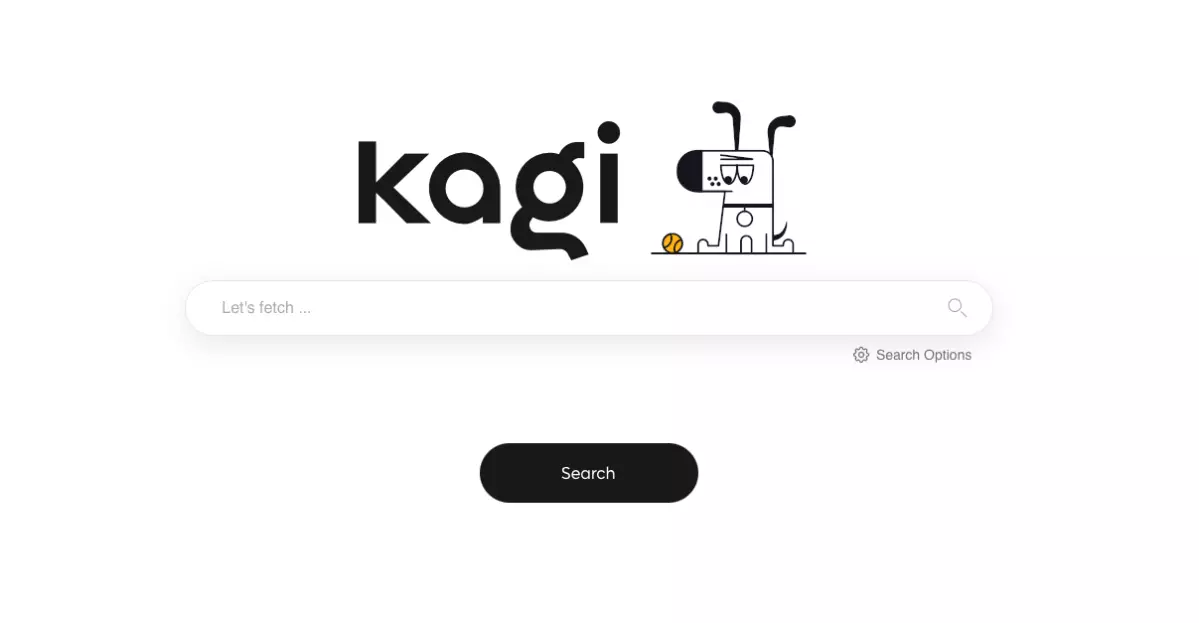In an era dominated by online search engines, users have increasingly questioned the pricing structures and business models of these digital platforms. Kagi, a paid alternative to Google Search, has recently gained attention by unveiling a unique initiative that targets the financial concerns of its subscribers. With their “Fair Pricing” policy, Kagi rewards users who unintentionally neglect to utilize their service during a billing cycle, thereby granting them a credit for that month. This thoughtful approach represents a departure from conventional models that often prioritize profit over user satisfaction and could be a pivotal step towards redefining the search engine market.
Kagi’s motivation is rooted in an understanding of consumer behavior. The company acknowledges that users may sometimes forget to use their service or simply have no need for it in certain months. By adopting the policy of not charging subscribers for unused months, Kagi demonstrates a clear commitment to customer wellbeing. It suggests that they are listening to their user base and are not solely focused on monetary gain. This acknowledgment of the market’s demands for fairness and transparency is something noticeably missing from the operations of larger, more established search engines like Google.
Unlike many of its competitors who have turned to advanced AI technologies, Kagi has opted for a straightforward method of displaying search results. Instead of bombarding users with an overwhelming array of AI-generated responses, Kagi presents simple link lists based on user queries. This user-friendly interface may resonate well with individuals who prefer a less complicated and more direct search experience. Furthermore, much like DuckDuckGo, Kagi prioritizes user privacy, choosing not to track activity or sell personal information, which is often perceived as a liability by the company.
In addition to its commitment to user privacy, Kagi offers something that sets it apart: “lenses.” These specialized search tools allow users to refine their searches to specific areas of the web, such as academic sites or forums. Users can even create custom lenses that cater specifically to their needs, thereby enhancing the search experience. This feature not only adds utility but also encourages users to engage more deeply with the platform, ultimately making it more appealing for those who seek specialized content.
Nevertheless, Kagi faces inherent challenges in a fiercely competitive digital landscape. While their unique pricing model and user-centric features may attract a segment of users, the question remains whether this will be sufficient to maintain long-term growth and sustainability. The need for continuous innovation cannot be overstated, as rivals in the search engine space are not only improving their offerings but also adapting to meet user expectations in real-time.
Equally important is Kagi’s need to develop strategies to convert trial users into paying subscribers. With a trial period that allows just 100 searches, the transition to becoming a paying customer must be seamless and compelling. Kagi’s innovative approach lays a strong foundation, but it must bolster its marketing efforts and consumer education to communicate its benefits effectively.
Kagi’s “Fair Pricing” initiative is a notable innovation in a crowded field, presenting a model based on user consideration and fairness. As the search engine landscape evolves, companies like Kagi may lead the way towards a new standard in consumer-friendly practices, but sustaining this momentum will require ongoing vigilance and innovation.

